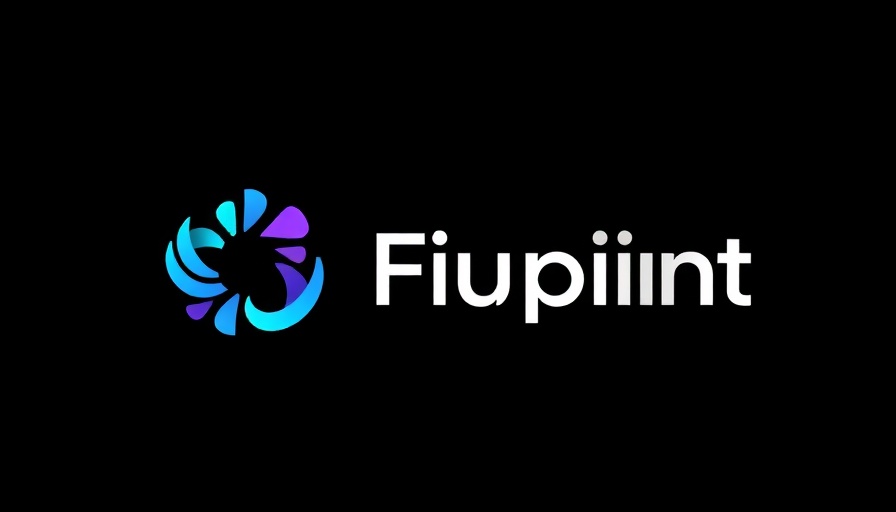
Understanding the Inference-Time Compute Paradigm
Schmidt Sciences has launched a bold new Request for Proposals (RFP) focused on technical AI safety research specifically targeting the inference-time compute paradigm. This area, while vital, remains poorly understood and demands further exploration into its safety challenges. With AI systems advancing rapidly, understanding these challenges is not just important; it's essential for ensuring our technological futures are safe and aligned with human values.
The Importance of AI Safety Research
AI safety has emerged as a cornerstone of contemporary discussions surrounding artificial intelligence, as systems become increasingly complex. With predictions indicating we may achieve human-level AI within a decade, the stakes are higher than ever. As businesses across tech and marketing sectors implement AI technologies, the potential risks of misalignment and unforeseen consequences can impact not just organizational strategies but societal structures at large. Schmidt Sciences aims to address this gap through targeted funding for critical safety research within this emerging paradigm.
Funding Opportunities for Research Teams
Teams that are capable of hitting the ground running have the potential to receive substantial funding—up to $500,000—to adequately investigate pressing safety concerns. The RFP asks compelling questions: "What is the most critical AI safety challenge or opportunity that has emerged from inference-time computing, and how would you address it?" These inquiries encourage researchers to think innovatively about AI safety, guiding practical solutions that can evolve alongside advancements in the field.
Examples of Project Ideas: Balancing Creativity with Rigor
Schmidt Sciences has provided illustrative project ideas for applicants. For example, researchers could explore enduring problems such as adversarial robustness, which has significant implications for model safety. These project examples not only serve as starting points but also encourage creative problem-solving that could lead to important insights and robust evaluations. Importantly, they emphasize the need for addressing both historical challenges and new risks associated with the inference-time computation paradigm.
Bootstrap Your Research: Application Process
Proposals begin with the submission of a concise 500-word description of the research idea, with application openings running until April 30, 2025. This streamlined application process is designed to attract a diverse range of researchers, reflecting Schmidt Sciences’ commitment to fostering innovation in AI safety research. Early engagement is encouraged; teams are more likely to receive timely assessments of their proposals. This inclusive approach not only highlights the urgency of safety in AI but invites fresh perspectives from those eager to contribute to the field.
What Lies on the Horizon for AI and Safety?
As we gaze at the future of AI, the implications of inference-time compute are significant. This new RFP signals an understanding that with great power comes great responsibility. It is not just about harnessing technology; it’s about ensuring it serves humanity—safely and ethically. By advancing research in this crucial area and expanding funding opportunities, Schmidt Sciences stands at the forefront of a movement aimed at establishing a framework for responsible AI development.
Actionable Insights and What You Can Do
For professionals in tech and marketing sectors, this RFP presents a unique opportunity not only to align your teams with a pressing research agenda but also to explore innovative solutions that bridge the gap between cutting-edge technology and human safety. Consider evaluating your current AI strategies and understanding how they relate to the broader field of AI safety. Stay informed, participate in discussions, and explore potential collaboration opportunities that can enrich your projects and contribute to community knowledge.
In summary, Schmidt Sciences’ RFP is not just a funding opportunity; it's a call to action for professionals across industries to engage deeply with the critical challenge of AI safety. Whether through research, collaboration, or simply a deeper understanding of the implications of AI, we all have a role to play in shaping the future. Let’s take proactive steps toward ensuring that AI remains a beneficial tool that enhances human experiences rather than complicates them.
 Add Row
Add Row  Add
Add 




 Add Row
Add Row  Add
Add 

Write A Comment